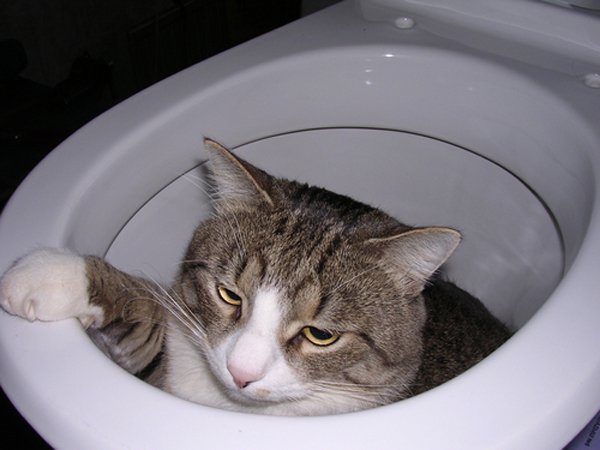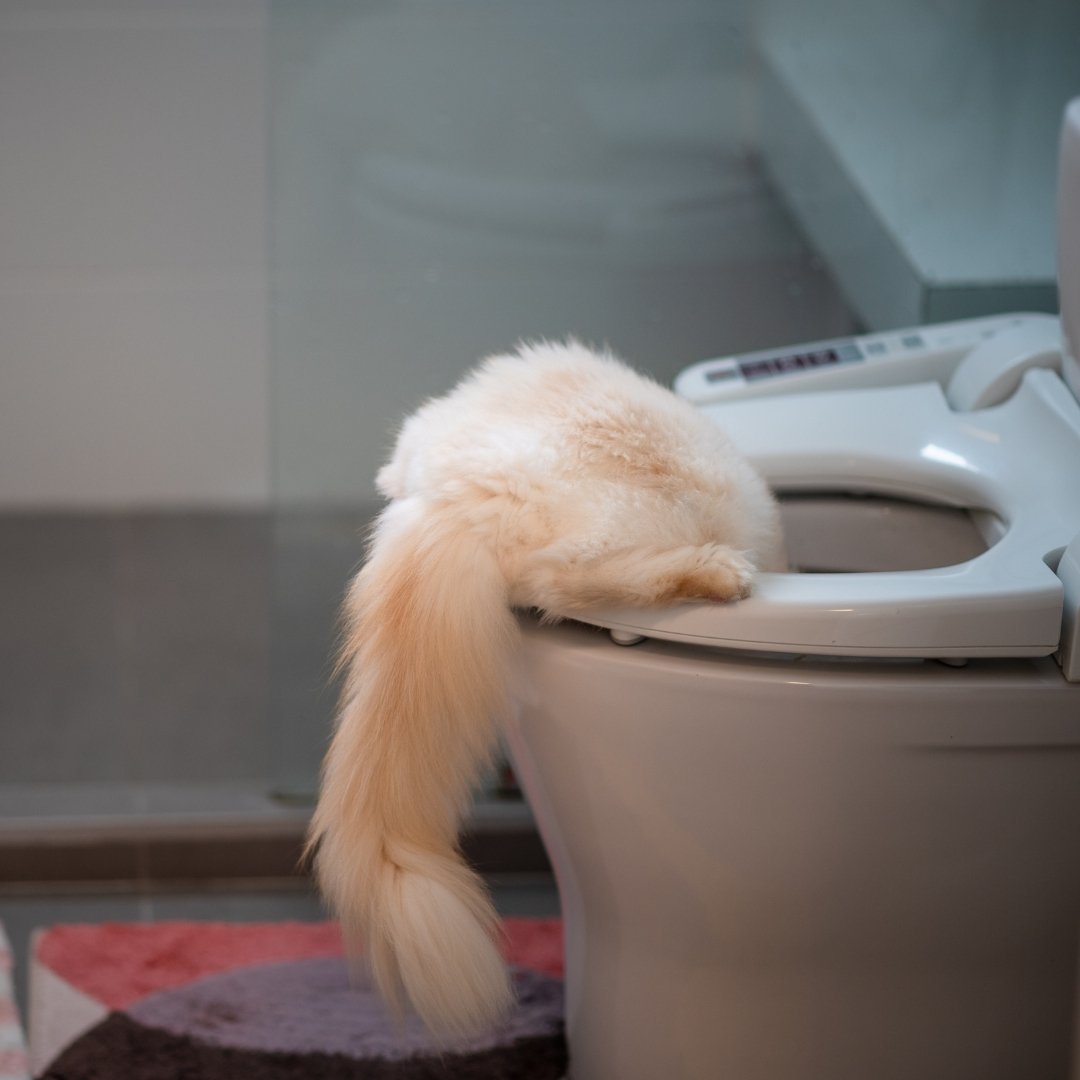The Risks of Flushing Cat Poop in Your Toilet - Preventive Measures
The Risks of Flushing Cat Poop in Your Toilet - Preventive Measures
Blog Article
We have uncovered this article relating to Don’t flush cat feces down the toilet down the page on the internet and thought it made sense to relate it with you on this page.

Introduction
As feline proprietors, it's necessary to be mindful of exactly how we throw away our feline close friends' waste. While it might appear convenient to flush feline poop down the bathroom, this method can have damaging effects for both the setting and human wellness.
Alternatives to Flushing
The good news is, there are more secure and extra liable methods to throw away feline poop. Think about the following choices:
1. Scoop and Dispose in Trash
One of the most typical method of disposing of pet cat poop is to scoop it into a biodegradable bag and toss it in the trash. Make certain to utilize a dedicated trash scoop and throw away the waste quickly.
2. Usage Biodegradable Litter
Choose eco-friendly cat trash made from products such as corn or wheat. These litters are eco-friendly and can be securely gotten rid of in the garbage.
3. Hide in the Yard
If you have a yard, think about hiding cat waste in a designated area far from vegetable gardens and water sources. Make sure to dig deep sufficient to avoid contamination of groundwater.
4. Set Up a Pet Waste Disposal System
Purchase a family pet waste disposal system particularly developed for cat waste. These systems use enzymes to break down the waste, reducing smell and ecological effect.
Health and wellness Risks
In addition to environmental problems, purging feline waste can also posture wellness threats to humans. Pet cat feces may contain Toxoplasma gondii, a bloodsucker that can cause toxoplasmosis-- a possibly severe ailment, specifically for expectant females and individuals with damaged immune systems.
Environmental Impact
Flushing feline poop presents unsafe microorganisms and bloodsuckers into the water supply, presenting a significant danger to marine environments. These impurities can negatively affect aquatic life and compromise water quality.
Final thought
Liable pet ownership prolongs past giving food and shelter-- it also includes appropriate waste monitoring. By avoiding purging pet cat poop down the toilet and opting for alternative disposal methods, we can reduce our environmental footprint and safeguard human health.
Why You Should Never Flush Cat Poop Down the Toilet
A rose by any other name might smell as sweet, but not all poop is created equal. Toilets, and our sewage systems, are designed for human excrement, not animal waste. It might seem like it couldn’t hurt to toss cat feces into the loo, but it’s not a good idea to flush cat poop in the toilet.
First and foremost, assuming your cat uses a litter box, any waste is going to have litter on it. And even the smallest amount of litter can wreak havoc on plumbing.
Over time, small amounts build up, filling up your septic system. Most litter sold today is clumping; it is made from a type of clay that hardens when it gets wet. Ever tried to scrape old clumps from the bottom of a litter box? You know just how cement-hard it can get!
Now imagine just a small clump of that stuck in your pipes. A simple de-clogger like Drano isn’t going to cut it. And that means it’s going to cost you big time to fix it.
Parasitic Contamination
Believe it or not, your healthy kitty may be harboring a nasty parasite. Only cats excrete Toxoplasma in their feces. Yet it rarely causes serious health issues in the cats that are infected. Most people will be fine too if infected. Only pregnant women and people with compromised immune systems are at risk. (If you’ve ever heard how women who are expecting are excused from litter cleaning duty, Toxoplasma is why.)
But other animals may have a problem if infected with the parasite. And human water treatment systems aren’t designed to handle it. As a result, the systems don’t remove the parasite before discharging wastewater into local waterways. Fish, shellfish, and other marine life — otters in particular — are susceptible to toxoplasma. If exposed, most will end up with brain damage and many will die.
Depending on the species of fish, they may end up on someone’s fish hook and, ultimately on someone’s dinner plate. If that someone has a chronic illness, they’re at risk.
Skip the Toilet Training
We know there are folks out there who like to toilet train their cats. And we give them props, it takes a lot of work. But thanks to the toxoplasma, it’s not a good idea.

Do you like more info about How to Dispose of Cat Poop and Litter Without Plastic Bags? Try to leave a review below. We will be interested to find out your responses about this blog entry. We hope that you visit us again before long. So long as you appreciated our blog entry please make sure you remember to pass it around. Thank-you for your time spent reading it.
Request Free Estimate Report this page